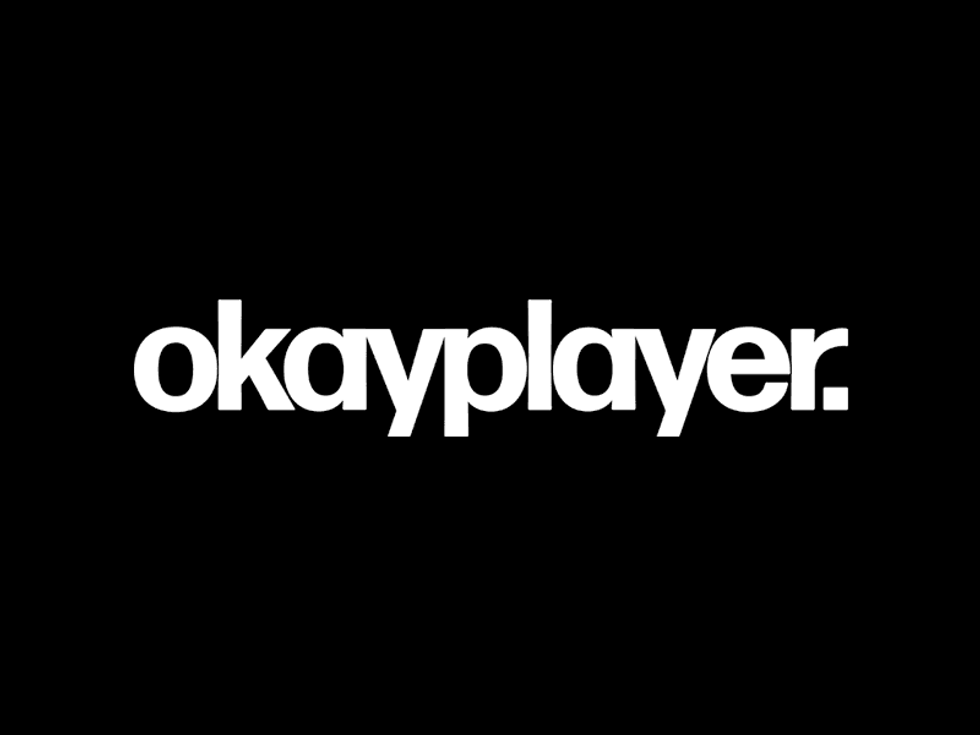QUESTLOVE: So you were teaching your class about the difference in social impact between Marcus Garvey and Du Bois. And what I took away was the question of whether we need a messiah figure to lead society, or can it be truly grassroots? I also wonder what good it will do today. Chuck D taught me a long time ago to aim really small. And everyone now has [Michael] Jordan-itis—everyone wants the star position. So where do you fall, on the question of how we can best move forward as a society, between the Moses-messiah figure, like Martin Luther King Jr. or, say, Occupy Wall Street, which really didn't have a leader?CORNEL WEST: I take my fundamental cue from John Coltrane that says there must be a priority of integrity, honesty, decency, and mastery of craft. I take my second cue from [organizer and activist] Ella Baker that says, with that integrity, honesty, decency, master of craft, there must be an attempt to find, among everyday people, vision, voice, and modes of organizing and mobilizing that does not result in the messianic model, in the HNIC, the head negro in charge. This is where Martin King comes in, and the distinction we made in class between conspicuous charisma and service-oriented charisma. It's possible to be highly charismatic the way John Coltrane was, and still de-center oneself, as he did, to allow for McCoy, and Elvin, and Reggie, and the others [who played with Coltrane] to lift their voices with tremendous power. Martin, at his best, was able to empower others, galvanize others and, through an integrity and humility, recognize he's just another human being, not a messiah. At his worst, he was the Moses that everybody had to defer to.
QUESTLOVE: So that's a dangerous thing, in your eyes.
WEST: Yes! If you take the focus away from integrity, honesty, decency, and look only to the messianic figure, then he will manipulate you, she will manipulate you—it tends to be men more often than women because this is a patriarchal model. Now, I'm not talking so much about brother Obama right now; I'm talking about grassroots movements. But when you have a U.S. president, only one wins the election. And there's no doubt that he was better than the right-wing candidates. But then the question is whether we have the courage to keep him accountable.
QUESTLOVE: So you hold him to the same standards, even in the face of his obstacles?
WEST: [laughs] There has certainly been ugly, right-wing hatred targeting Barack Obama. But when it comes to the three central issues—Wall Street, drones, and national surveillance—the right wing didn't push him into [his positions]. He chose each one of those. He brought in [former president of the New York Federal Reserve Bank] Tim Geithner [to be Secretary of the Treasury]: Wall Street. He chose drones—he and Hillary chose drones, as opposed to ensuring that innocent civilians, especially babies, are not killed. And he chose national surveillance, using the Espionage Act against Snowden, among other things. And not focusing on the new Jim Crow, the prison system, the way in which he should have, he chose that, too.
QUESTLOVE: You and I connected through our discussions of music. This room, adorned with the greatest literature ever, and records—this was my life, my room full of documents, growing up. Music saved me. How did music influence your life at an early age?
WEST: I remember that section [in Mo' Meta Blues] about Prince records—"Here's another one, here's another one." [laughs] For me, music is in no way ornamental or decorative; it is constitutive of who I am. It began in church, Shiloh Baptist Church, the Silver Echoes, the Senior Choir. Sly Stone was a member of the [Northern California] Mass Choir. Sylvester Stewart [Sly Stone's real name] from Vallejo used to play a little bit of organ in our church, just letting it out. From the very beginning, it was clear to me that a musical mode of being in the world was the most desirable way of being in the world—trying to be melodic, but also having the dissonance. So by the time we moved into slow dancing in the garages—and this was probably a little bit different than your generation, because I'm older-school than you—it was Curtis Mayfield, but it was also the Delfonics, the Dramatics, the Emotions, the Whatnauts' "I'll Erase Away Your Pain," it was the Manhattans. It was smooth. It was groups with a variety of voices harmonizing together. Whereas, I think, for the next generation, it was harder for those kind of soulful groups to have the impact.
QUESTLOVE: My theory is that once the VCR age took hold, around '83, '84, you have a generation that only liked the highlights and celebrated individualism. You fast-forwarded the tape to see what Michael Jordan did. You rewound that "Billie Jean" performance on Motown 25. Plus, it's easier for labels to deal with just one person. So the idea of community—right now the Roots are defiantly together. Even if we wanted to break up, we know the historical consequences of us no longer existing.
WEST: The last hip-hop band.
QUESTLOVE: We're almost the last hip-hop group with a major record deal. Everyone is a solo artist now. I mean, technically, yes, if OutKast were to record again ... But right now we're the last black band with a major-label deal.
WEST: Wow.
QUESTLOVE: We're an endangered species. And I would like to teach people that Jordan didn't win those rings on his own.


